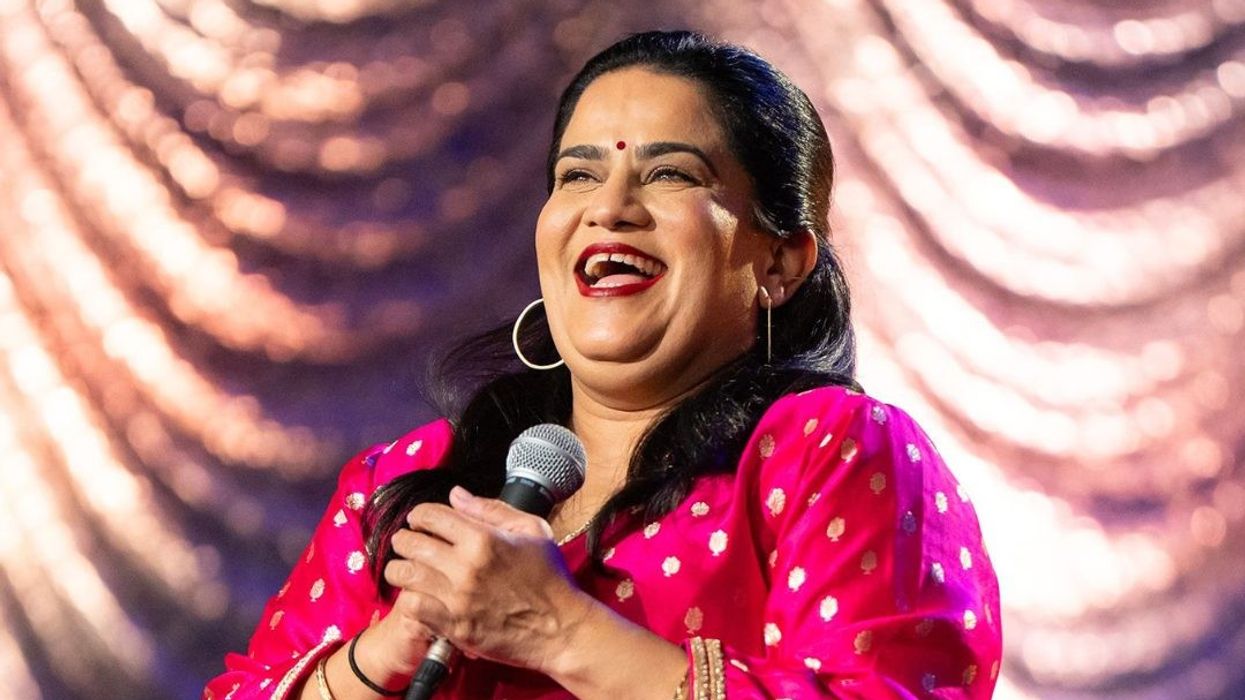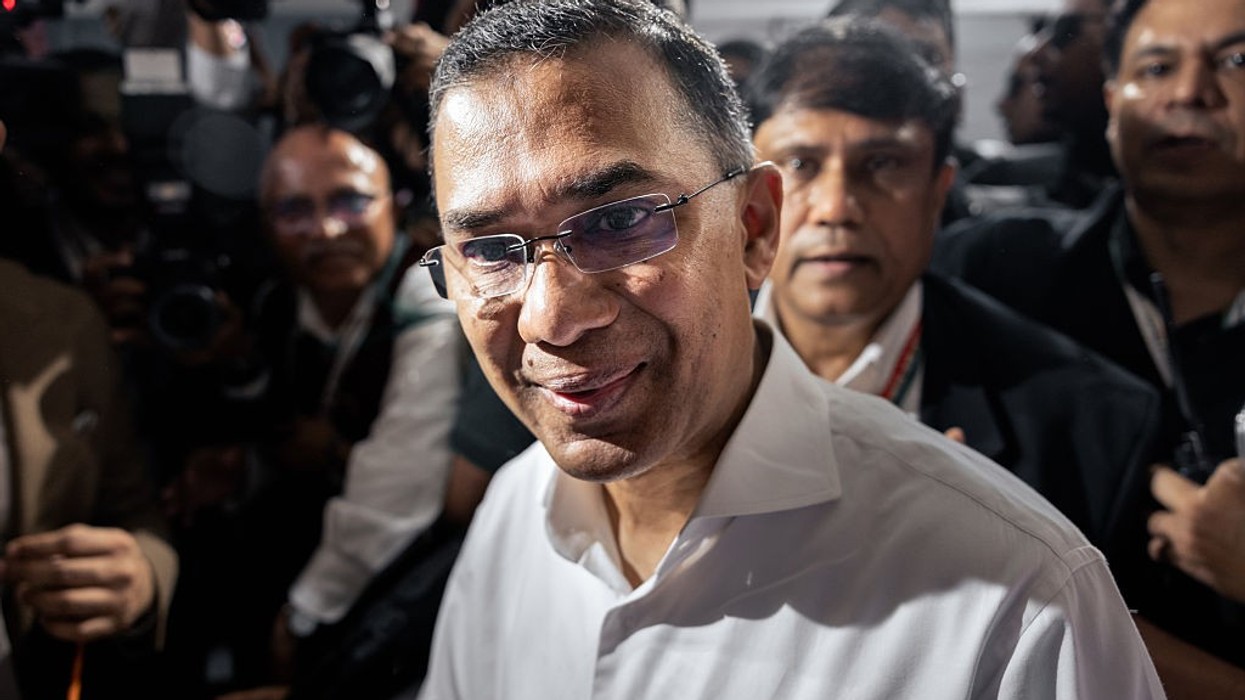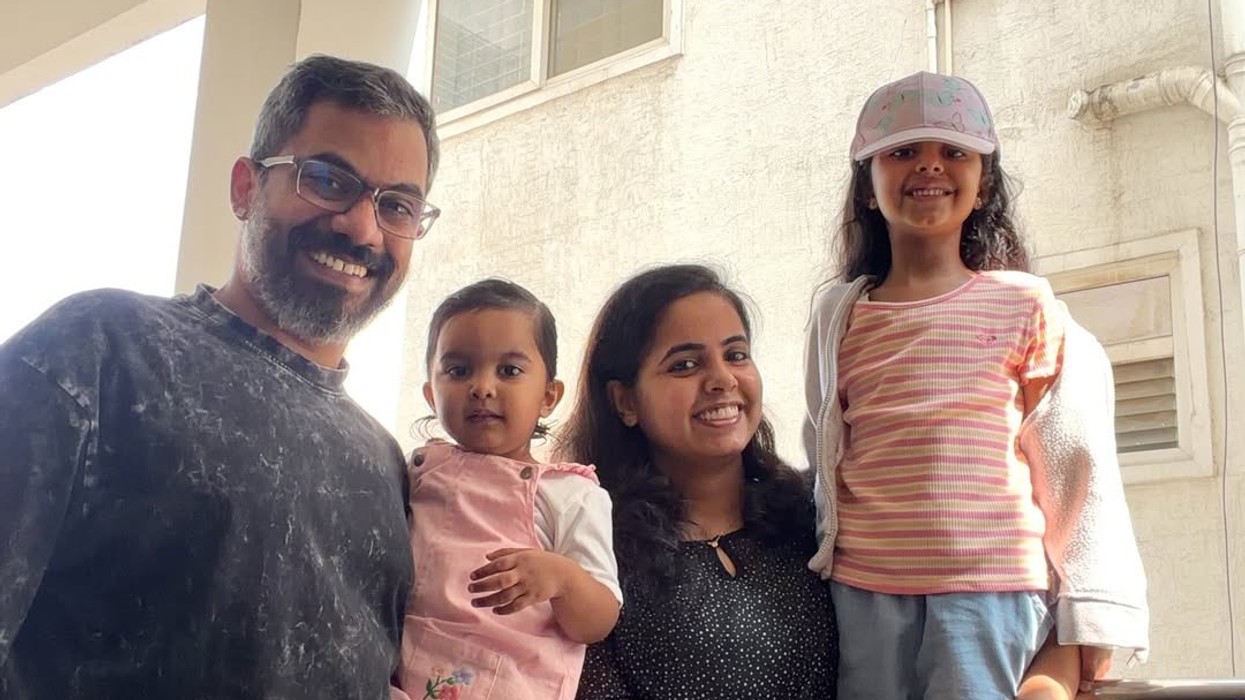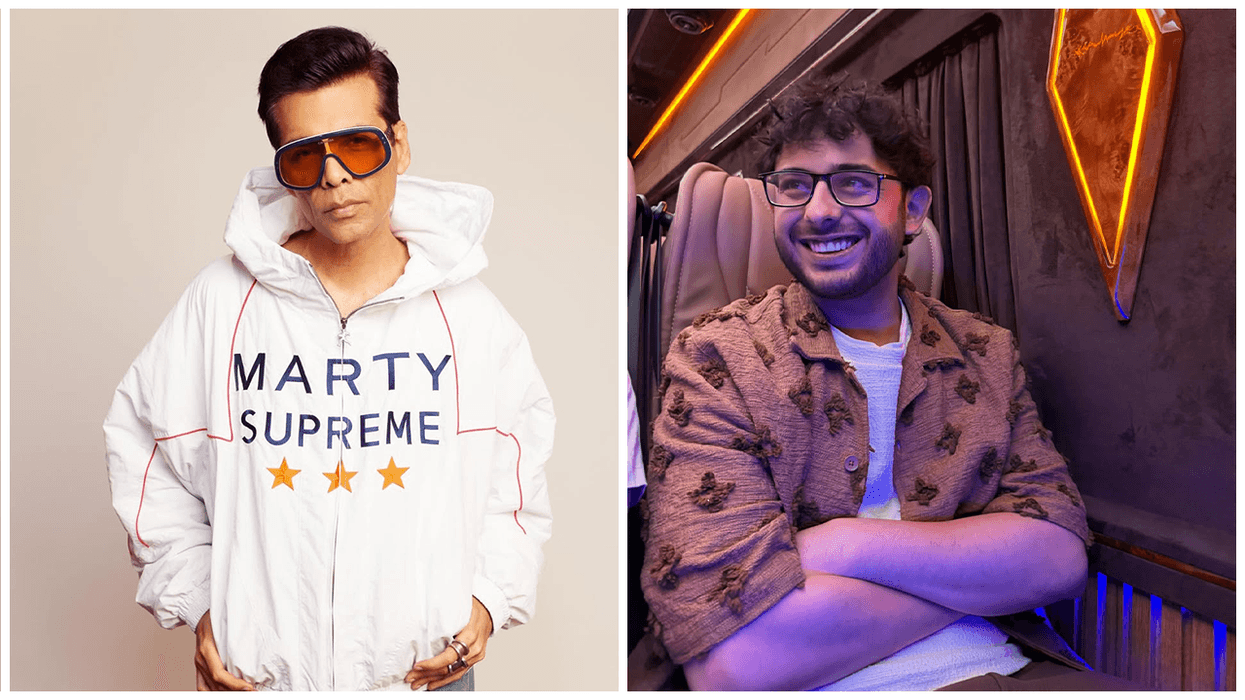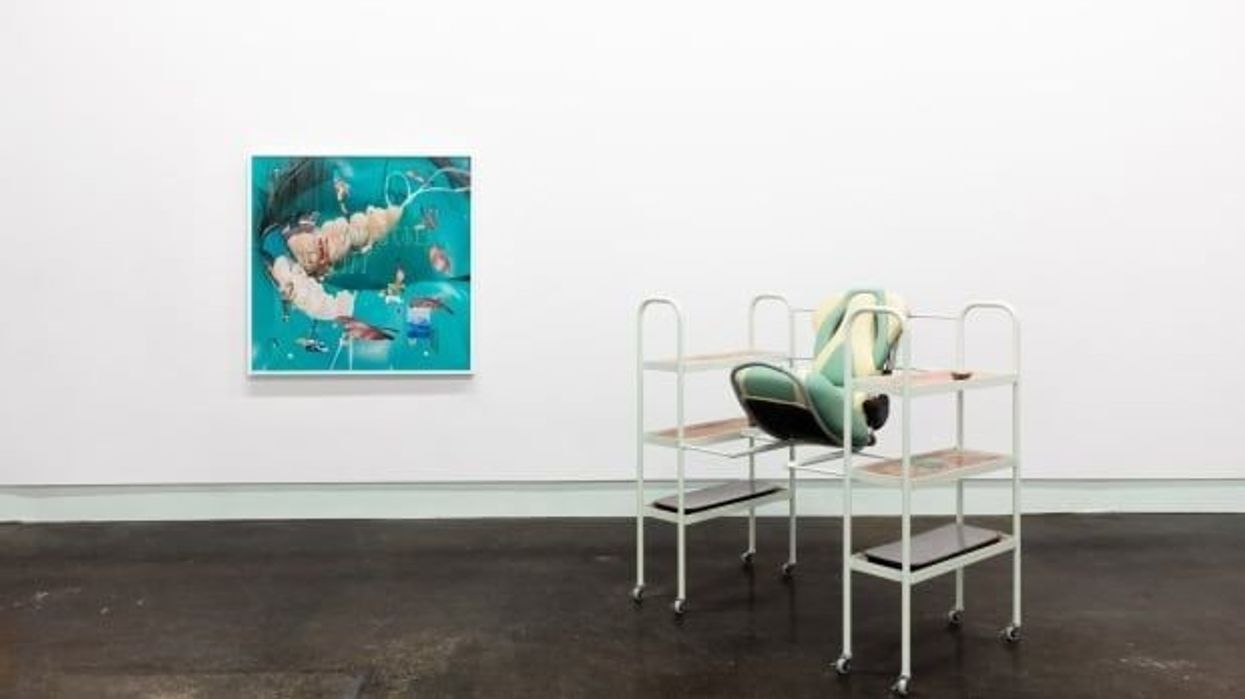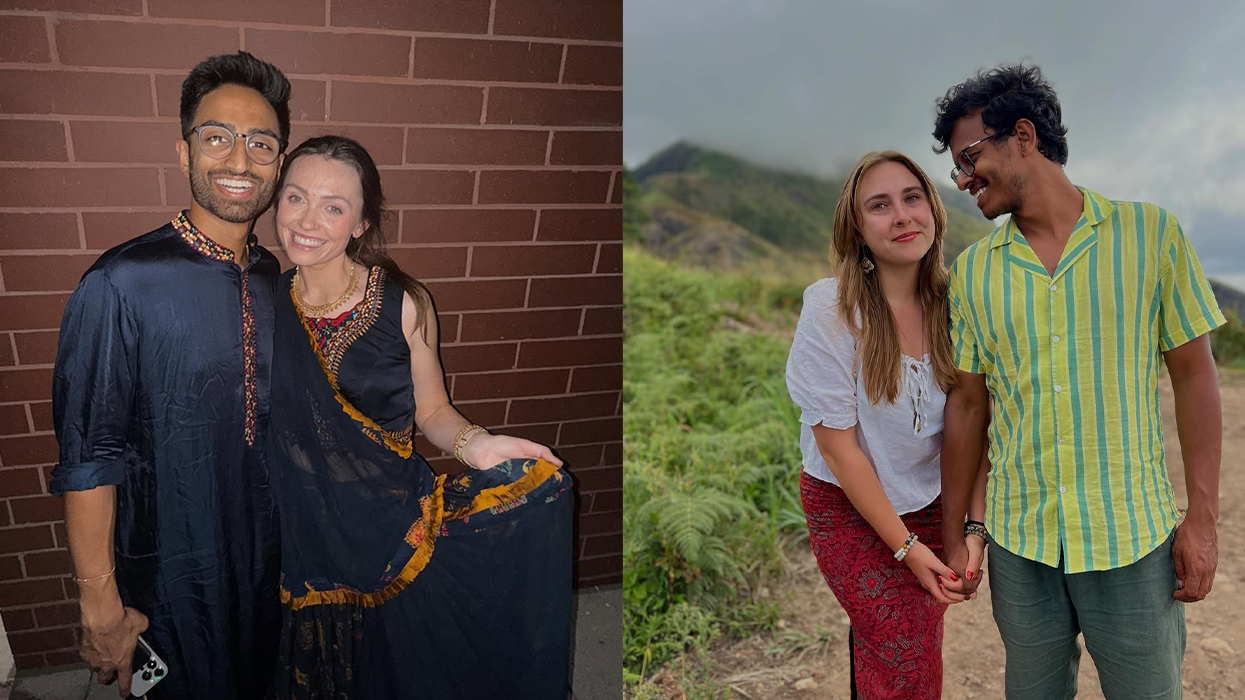Zarna Garg’s story is anything but ordinary. Born into privilege in South Mumbai’s iconic Nepean Sea Road but also into the constraints of an orthodox Gujarati family, Zarna grew up as the outspoken youngest child of an export merchant. Her wit and curiosity often clashed with traditional expectations.
When she rebelled against an arranged marriage in the wake of her mother’s early death, Zarna—just 14—found herself cast out, marking the first major turning point in a journey that would see her redefine what’s possible for Indian women, both at home and abroad.
Finding resilience in adversity
After leaving her family, Zarna experienced two years of homelessness, a harrowing contrast to her once-comfortable life. Eventually, she immigrated to the United States, where the challenges of starting over were compounded by the pressures and stereotypes of immigrant life. Even as she built a family, pursued her education, and earned her law degree by 22, lingering trauma and the struggle for belonging continued to shape her.
Despite setbacks—including failed business ventures in toothbrushes, vegetarian stew, and matchmaking—Zarna’s indomitable spirit and sharp observational humor remained her secret weapon.
The comic’s origin: From crisis to center stage
The real breakthrough came years later, in an unexpected way. As a stay-at-home mom to three children, Zarna faced a familiar quandary: What’s next, and who am I, beyond my roles in the family? Her daughter, Zoya, gave the nudge: “Mom, people love hearing your stories, you should try stand-up.” Humoring her family, Zarna performed at an open mic at 44. The rest is history.
Her ascent parallels the fictional Mrs. Maisel, but Zarna’s trajectory is unique: a woman shaped by South Asian family expectations, New York’s vibrant diversity, and a will to challenge conventions—all while remaining deeply rooted in her Indian identity.
Mining trauma for comedy gold
Zarna is frank about the dark side of her comedy. Her new memoir, This American Woman, details her harrowing—and ultimately heartening—story, blending humor with honesty about familial abuse, the dehumanizing aspects of the arranged marriage market, and the financial blows of the pandemic. “A lot of comedy comes from dark places,” she observes. “Stand-up comedy as an art form was developed in concentration camps when people had nothing.” Her approach encourages audiences—especially immigrants facing silent struggles—to find laughter amid life’s adversities.
Relatability and edge: Zarna’s humorous voice
Zarna’s stand-up persona, the “funny desi aunty,” resonates with a universal audience. She blends gentle satire with pointed criticism—of patriarchy, culture, and diaspora life. Whether she’s lampooning overbearing Indian mothers-in-law (her much-loved “MIL jokes”), calling out the contradictions of diaspora tradition, or sharing stories about her husband and family, Zarna walks the fine line between being provocative and staying relatable.
Social media is both a stage and a battleground. “Indian uncles come with such hostile energy… but after five minutes, even they can’t help laughing,” she says. She’s open about her real life, even sharing on her podcast (The Zarna Garg Family Podcast) her journey with weight loss medication—inviting both praise and trolling. For Zarna, authenticity, even if divisive, is a core value: “If there is medication that can help me live healthier, why not take it? There are men out there taking Viagra all day…”
Mumbai nostalgia and literary debut
Despite global fame, Zarna’s connection to Mumbai remains strong. She reminisces about sneaking in a read of Mid-Day as a child and her obsession with learning—a hunger as Indian as it is personal. Now, as she readies her comedic memoir for the world, she reflects: “I will die an Indian woman; that’s who I am. But there’s something very American about my life; this could only have happened in the US.” The cover of her book is her homage to straddling two very different worlds.
Redefining the 'brown aunty' image
Zarna’s “brown aunty” look—kurtas, bindis, grounded simplicity—wasn’t a costume but a statement. “I just decided to embrace who I really am—a simple, grounded Indian mother who’s obsessed with her kids’ education and lives a boring life,” she laughs, occasionally poking fun at technology when Instagram filters wipe out her bindi.
Big year ahead: Special, film, and more
Zarna Garg’s 2025 is packed. Her stand-up special, Practical People Win, drops July 18 on JioHotstar, her film A Nice Indian Boy is set for its Indian premiere, and she’s taping her podcast live in Mumbai on July 25. Collaborating with creative forces like Mindy Kaling for her next project, Zarna continues to break stereotypes about age, gender, and ethnicity in comedy.
Zarna Garg’s journey is both a celebration of Indian resilience and the American spirit of reinvention. Her brand of comedy—rooted in raw honesty, cultural pride, and an unfiltered voice—paves the way for more women, especially from South Asian backgrounds, to laugh out loud at life, and to own the stage.
